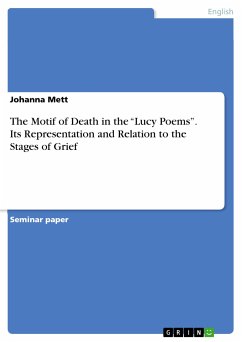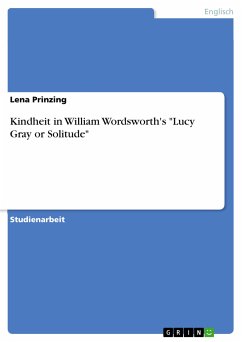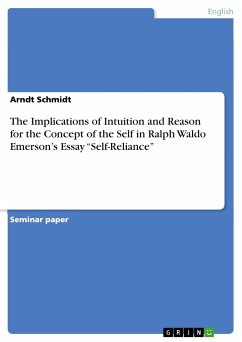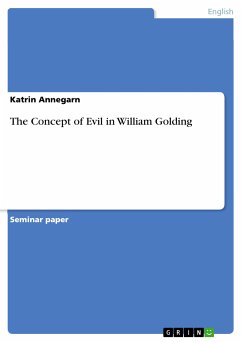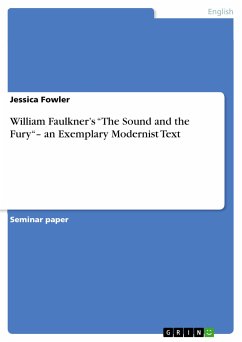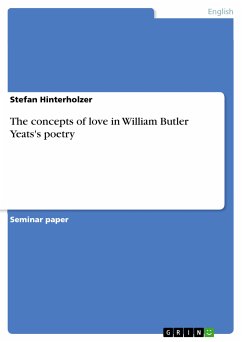Essay from the year 2006 in the subject English Language and Literature Studies - Literature, grade: 1,3, Bielefeld University (Fakultät für Linguistik und Literaturwissenschaften), course: A Survey of British Literature, language: English, abstract: In one of the poems out of his “Lyrical Ballads” dating from 1800, William Wordsworth depicts the life and its meaning of “The Old Cumberland Beggar”. Using the narrative flow of a lyrical I, the poem accentuates the beggar’s closeness to nature, the emotions he evokes in people and the demand to preserve his freedom. The paramount statement it conveys however is the beggar’s value for other people. Starting with a portrayal of the beggar’s appearance over the first 21 lines, it moves on to indicate people’s sympathetic attitude towards him. The long middle passage stretching from line 67 to line 154 deals with the worth the beggar possesses and what he gives to society. Its language is more sophisticated than the beginning and the end of the poem and will also be central for this analysis. Eventually, the poem concludes with the reward which the beggar earns for the social function he fulfils. The guiding question to be followed throughout this analysis will be in which way Wordsworth implies social criticism in connection with the function of the beggar. The starting point in order to trace all of the aspects mentioned above will be the poem’s formal structure.
Bitte wählen Sie Ihr Anliegen aus.
Rechnungen
Retourenschein anfordern
Bestellstatus
Storno



